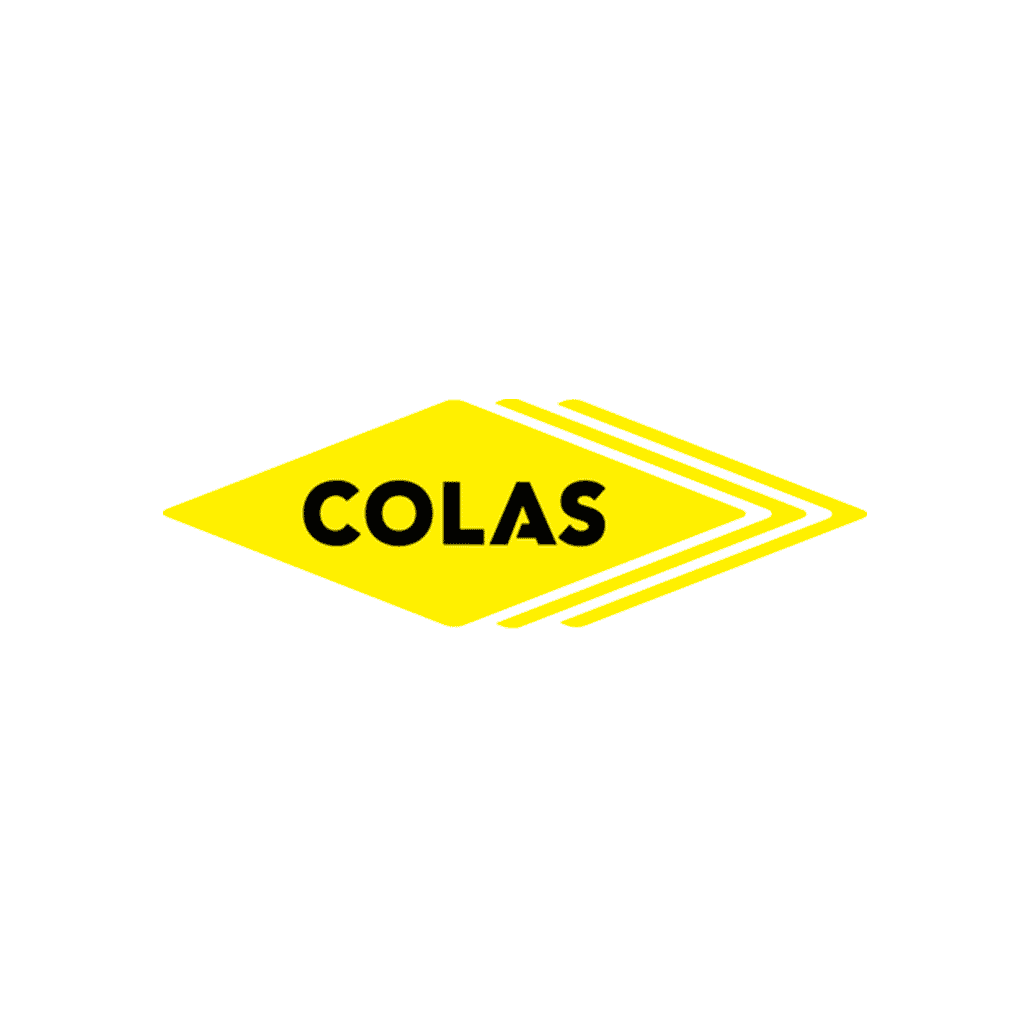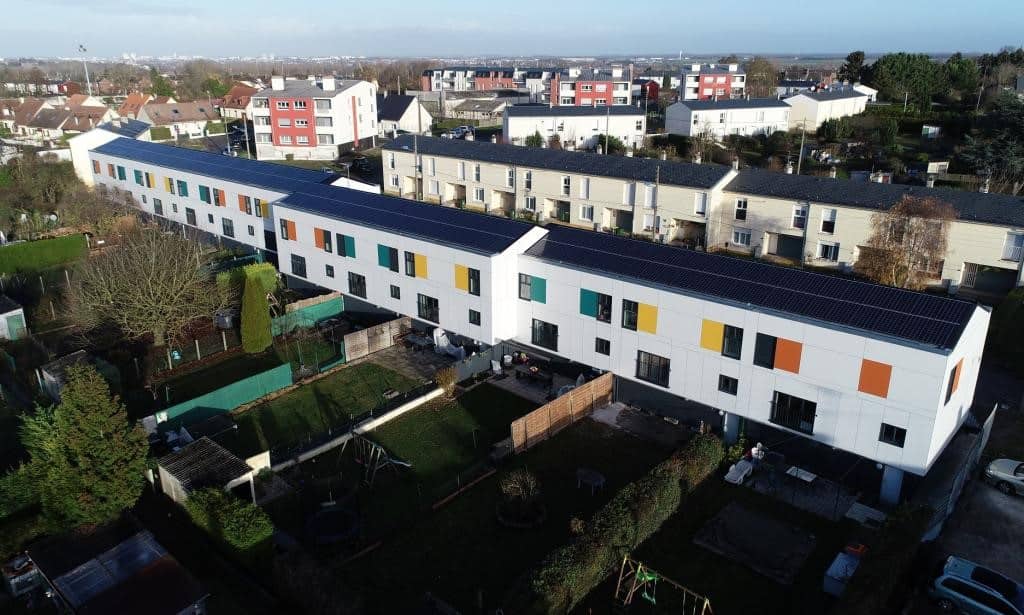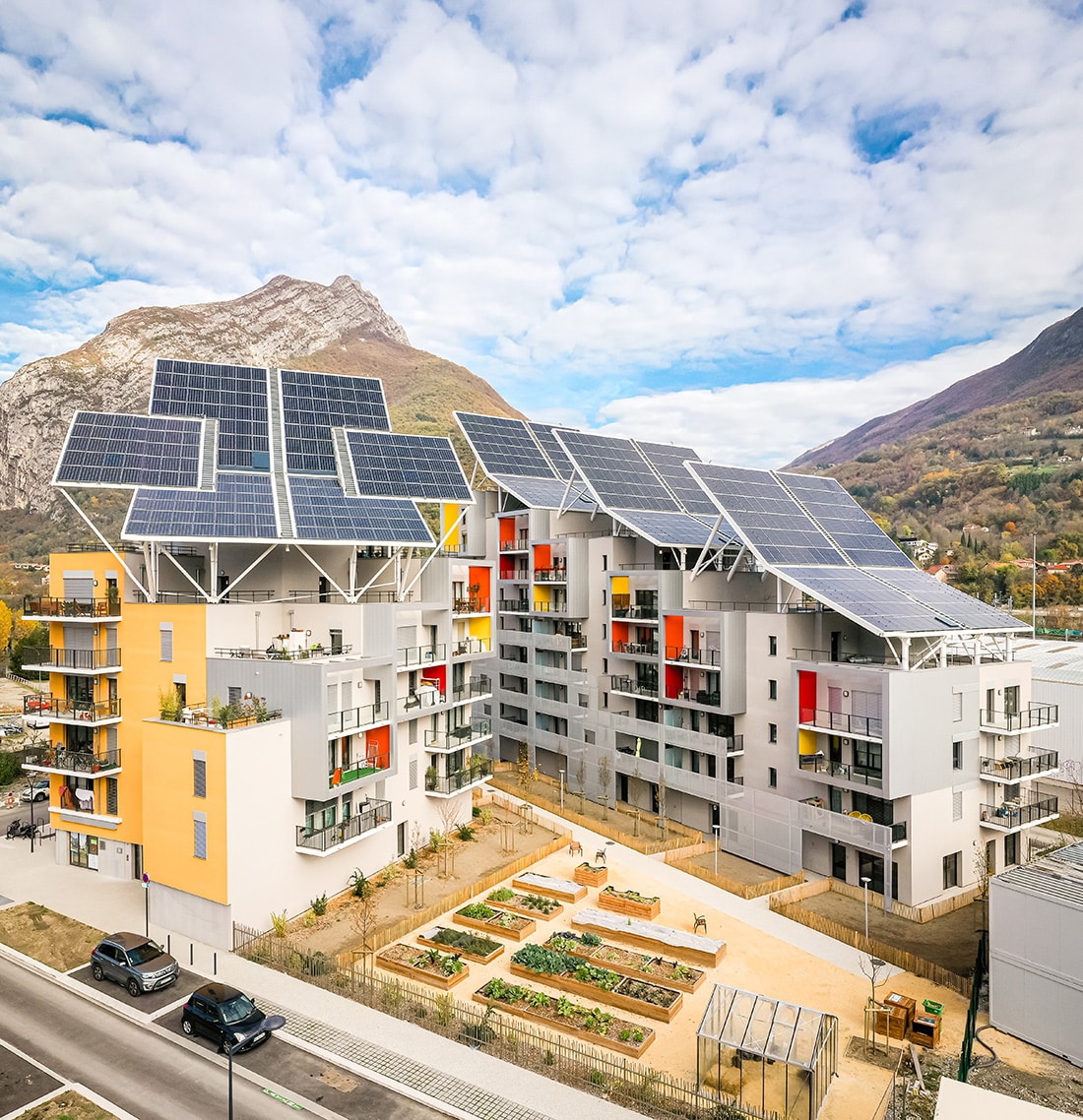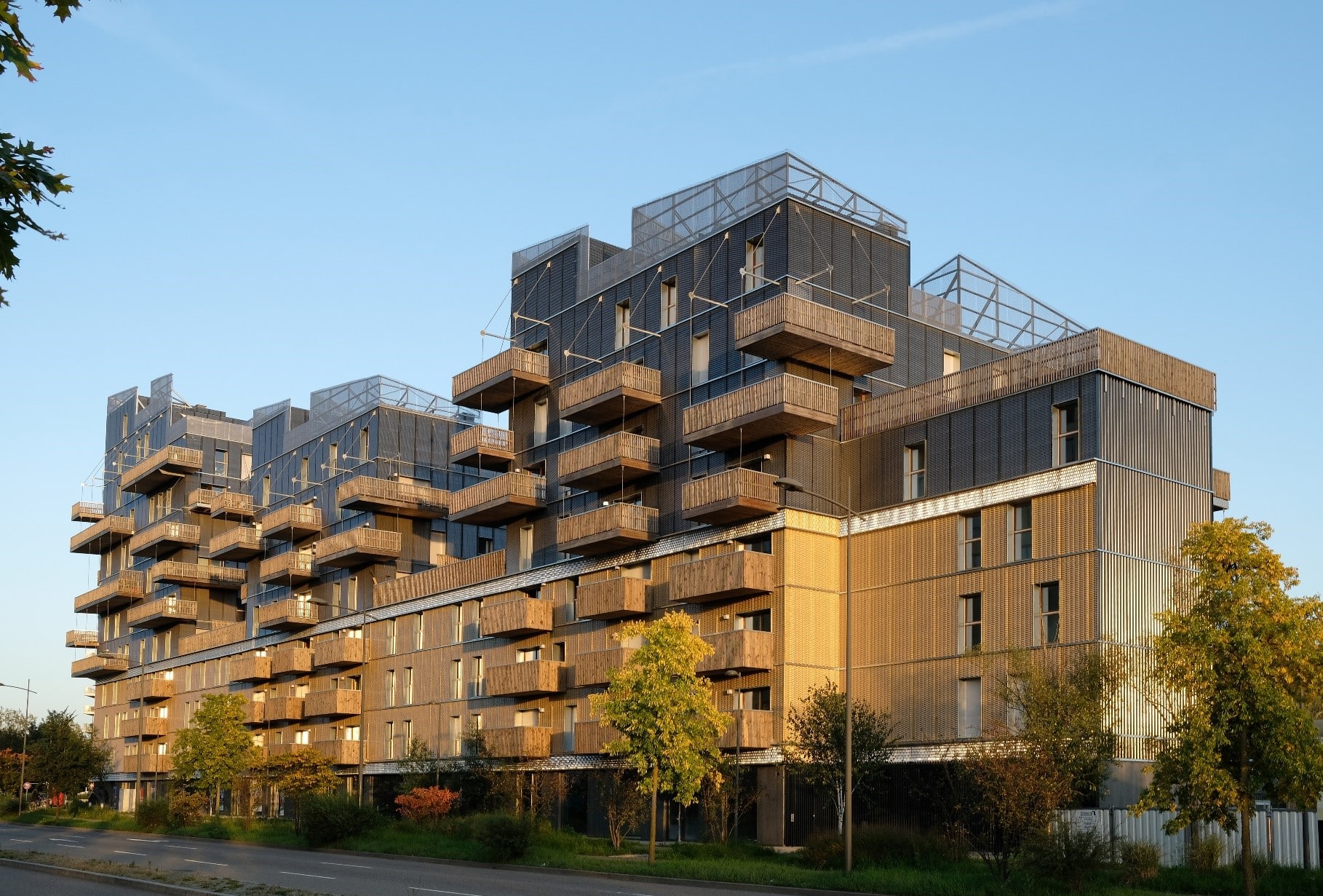The Start n Stop on a railway engine is similar to the operation on a car, however research has led to significant improvements that have led Colas Rail to file a patent (publication in the Bulletin Officiel de la Publication Industrielle scheduled for September 2021).
The railway Start n Stop supervises:
- Battery charge,
- Engine temperature,
- Engine air demand,
- The braking of the machine,
- The movement,
- Safety equipment.
When these conditions are met, the engine stops.
The advantages of the system:
- The system uses the sensors already in place on the machine, and these sensors are included in the maintenance cycle.
- The start n stop is designed to manage the energy available within the machine, so it uses the auxiliary group or solar cells or other energies as a real load-shedding device. It is thanks to this concept that it can keep the air conditioning stopped for several hours and the batteries charged.
- The EcoStop integrates a Multiple Unit management system specific to the railway.
- When the engine is running, after a time calculated by the AI, the engine will automatically shut down. Research has allowed us to consider the psychological stress of the driver caused by the engine shutdown and has led us to imagine a system to eliminate this stress.
The gains provided by the system:
- By stopping the main engine during the parking or waiting phases, it allows important gains on the fuel consumption associated with the reduction of atmospheric pollution, and also reduces the acoustic pollution.
- The direct consequence is on the consumption, but there are also indirect consequences such as the reduction of the maintenance costs of the diesel engines, and on many other organs of the machines (transmission, boxes, etc…)

